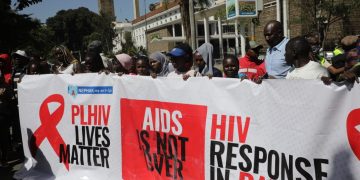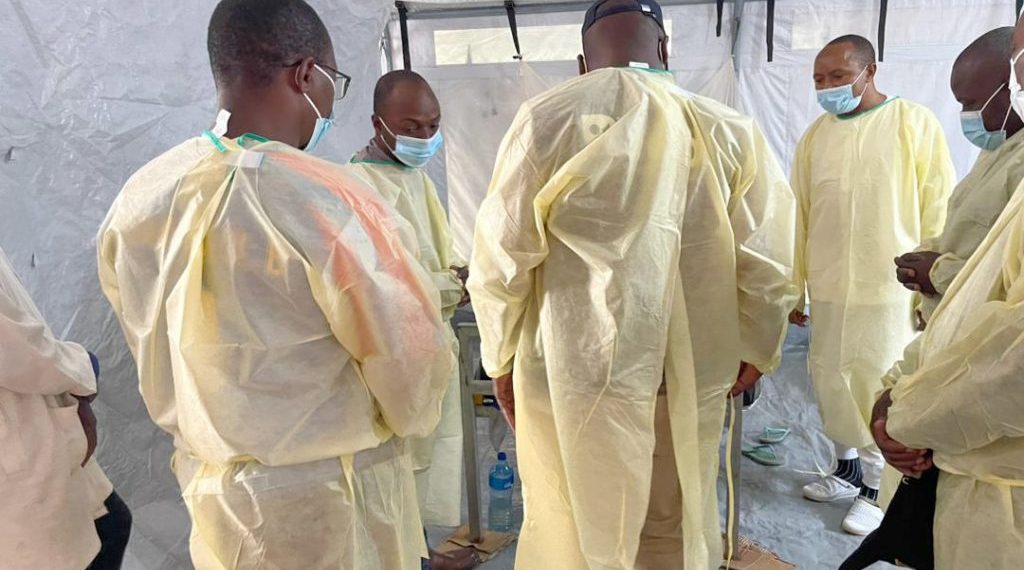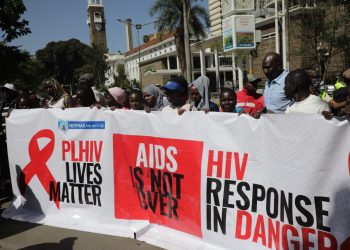Africa is facing an escalating crisis as a surge in health emergencies and security challenges threatens to reverse decades of progress in public health.
The Africa Centres for Disease Control and Prevention (Africa CDC) has sounded the alarm, urging swift intervention to prevent catastrophic health and economic consequences.
According to Africa CDC data, the number of health outbreaks in Africa has risen sharply from 153 in 2022-2023 to 242 in 2024, significantly increasing the risk of another pandemic emerging from the continent. At the same time, shifting global priorities have led wealthy nations to scale back development assistance, with the U.S. recently announcing a 90-day pause on foreign aid. This move, Africa CDC warns, could severely impact health initiatives across the continent.
“Without urgent intervention, these financial constraints could reverse critical health gains, pushing morbidity and mortality rates back to early 2000s levels,” Africa CDC projected in a recent report. “We estimate an additional 2 to 4 million deaths per year from preventable and treatable diseases. This is not just an African crisis—it is a global crisis in the making.”
Africa CDC Director-General, H.E. Dr. Jean Kaseya, has been at the forefront of advocacy efforts to mitigate these funding setbacks. Following the U.S. aid suspension, Africa CDC engaged with U.S. officials, securing a waiver to ensure that life-saving humanitarian assistance continues.
“Our intervention secured the waiver, ensuring critical interventions continue,” Dr. Kaseya said in an interview with CNN. “But this is only one battle. African leaders must now implement innovative financing mechanisms and increase domestic investment in public health.”
Beyond funding constraints, Africa is also grappling with severe security crises that are exacerbating public health threats. Nowhere is this more evident than in Goma, a city in eastern Democratic Republic of Congo (DRC), which has become a flashpoint for both conflict and disease.
Goma, home to three million people, including one million displaced individuals, has one of the highest population densities in the world, at 39,620 people per square kilometer. Poor infrastructure and inadequate access to clean water, sanitation, and healthcare services have created an environment ripe for disease outbreaks.
In 2023, these extreme conditions contributed to the mutation of the Mpox virus, leading to the emergence of the highly virulent Clade 1b variant. This deadly strain has already claimed thousands of lives, predominantly affecting children and young people. Additionally, Goma has become a hotspot for widespread measles and cholera outbreaks, further straining an already overburdened health system.
Despite Africa CDC’s efforts to secure Mpox vaccines and essential medical supplies, ongoing insecurity in the region has prevented their effective distribution.
“I am ready to fly there myself to ensure these life-saving interventions are delivered—but we need safe access,” Dr. Kaseya stated. “To my fellow African leaders: End this unnecessary war. If you fail to act, it will not be bullets that kill us—it will be major outbreaks and pandemics emerging from this region, sparing no one while devastating economies and businesses. Our collective survival depends on urgent and decisive action. Let us end this war. Let us choose peace. Let us choose life.”
Africa CDC continues to call for international support, stressing that health security in Africa is directly tied to global stability.














